This blog is a supplement to a 40-minute interactive lecture I gave to nearly 3,000 live participants, sponsored by Sutter Health / Institute for Health and Healing on October 6, 2021.
After a year and a half of facing a world in constant flux, with far reaching impacts for so many of us, many of us have experienced stress and anxiety like never before. Some have lost loved ones. Some have lost homes, or risk losing them. Some have lost jobs. Some have gone hungry. Beyond individual stresses, there are family and community stresses. For those of us who had good health going in, we may be experiencing difficulty sleeping or concentrating. For those of us who had health challenges going in, the additional stresses of our changing world can further stress our inner workings.
These times call for us to make changes in our lives. Healing is change.
My primary go-to is a regular mind-body practice like Wisdom Healing Qigong, which is like rehabilitation for the nervous system and hormones. Psychotherapy and mindfulness based stress reduction (MBSR) are also foundational practices. These foundational practices are essential to rewiring the nervous system from anxiety to a sense of agency.
Releasing grief is another foundational practice. But these practices take time and dedication.
In the meantime, thankfully, there are dietary changes as well as vitamins, minerals, and herbs that can help rebalance our stress response systems to help us bounce back from life’s stresses.
Food
- Reduce your inflammation. The single most important action to take against anxiety is to avoid processed foods, which can be high in trans fats, advanced glycation end products (AGEs), and refined sugars. All of these can increase inflammation, which can increase anxiety and physical stress to the body.
- Eat your greens. Dark green, leafy vegetables (kale, chard, broccoli) which are high in B-vitamins and minerals to support your body’s stress system. Aim for two servings a day.
- Reduce or eliminate caffeine. Your seemingly innocuous morning routine may contribute to anxiety. If you have to have coffee in your day, choose decaffeinated and leave out the sweetener. If you’re choosing teas, green teas (low caffeine) and red teas (no caffeine) have antioxidants to combat stress-related effects on the body. Herbal teas like chamomile, lavender, and Tulsi are a great choice for calming or stress-reducing effects.
- Balance your blood sugars. Widely fluctuating blood sugar levels, related to a diet high in sugars and refined carbohydrates, can further stress the body out, and contribute to anxiety. Opt for complex carbohydrates like beans or oats or brown rice. Better yet, reduce your overall carbohydrate intake and choose healthy fats and lean proteins (below).
- Choose healthy fats. Olive oil, best if extra virgin. Coconut oil. Ghee (clarified butter). Nuts and seeds.
- Increase your proteins. Healthy protein choices like beans, quinoa, nuts, seeds, lean meats, and fish — especially oily varieties like sardines, wild salmon, and mackerel. Protein can help stabilize blood sugars, provide amino acids for brain and hormone function, and serve as the building blocks for neurochemicals like serotonin and melatonin, which can alleviate anxiety.
- Get your choline. A deficiency in choline, a compound closely related to the B-vitamin folate, has been associated with an increased risk of anxiety. Choline is primarily found in eggs and tofu, but also in most meats.
- Spice up your life. Spices like turmeric, cinnamon, cumin, and saffron have anti-anxiety and anti-inflammatory effects.
For a more complete “detox” or gut-healing regimen, consider a version of the 30-day low inflammatory, elimination diet.
Vitamins
The following is a list of some of my favorite supplements, including brand names and dosages.
(Note: I do not receive any financial benefits from listing the brands I recommend. Supplements are not regulated by the FDA and their quality can vary greatly. I trust these brands and use them myself.)
- Thorne Stress B Complex 1 capsule daily with breakfast; during times of increased stress, take 2
- Perque Buffered Vitamin C (1000 mg) 1-3 capsules daily with breakfast; may cause loose stools, so gradually titrate up
- Designs for Health Vitamin D3, with K1 and K2 (5000IU of D3) 1 capsule 5-7 days a week with breakfast. Monitor your blood levels of vitamin D with your primary care doctor, aiming for 40-60. Also, please consult your doctor on a form of vitamin D + K if you’re taking blood thinners or have other clotting risks.
Minerals
- Pure Encapsulations Magnesium Glycinate (or for those who are prone to constipation, Magnesium Citrate) 600 mg taken at bedtime. If you have kidney disease, consult your doctor before taking.
- Pure Encapsulations Chromium Picolinate (200 mcg) 1 capsule with or after dinner; this is especially useful to help balance blood sugars
- Thorne Zinc Picolinate (15 mg) 1-2 capsules daily with breakfast
Herbs and Other Supplements
- Thorne L-Theanine, a green tea extract without caffeine, (100 mg) 1 capsule 1-2 times a day as needed for anxiety or stress; may be taken at night as a sleep aid
- Jarrow 5-HTP (100 mg) 1 capsule at night. Consult your doctor if you’re taking a prescription antidepressant.
- Nordic Naturals Cod Liver Oil (Omega-3s), 3 softgels daily with breakfast
- Gaia Ashwagandha Root 1 capsule morning and night for stress; or 1 capsule at bedtime for sleep
- Thorne Meriva SR (500 mg), highly absorbable form of curcumin, a turmeric extract, 1 capsule twice daily, or 2 capsules once daily; may increase to 2 capsules twice daily for anti-inflammatory effects
Note: I do NOT receive any financial incentives by recommending these brands of supplements.
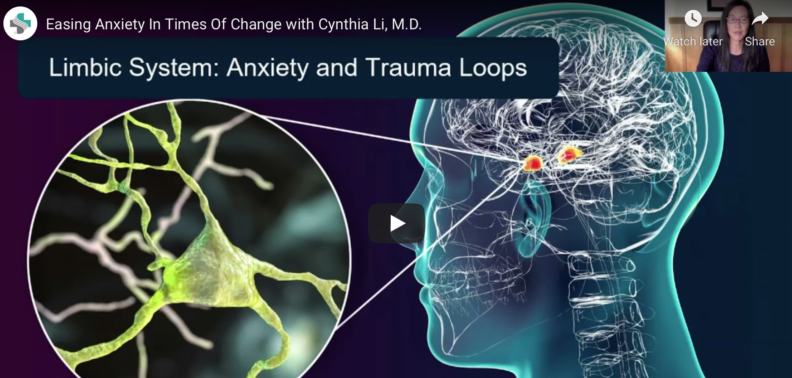
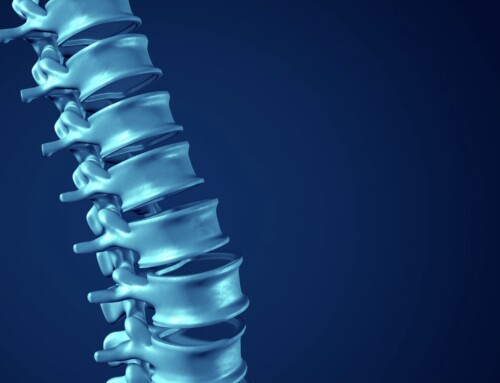

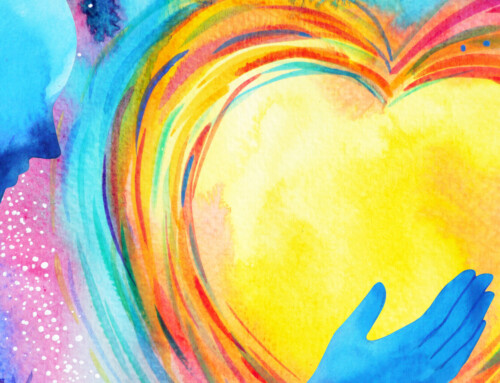
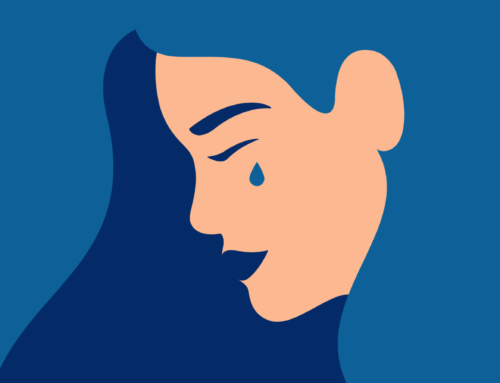
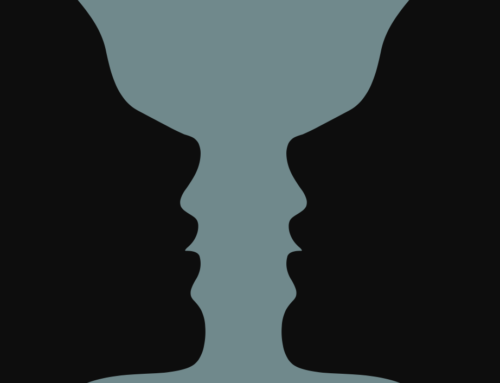
Leave A Comment